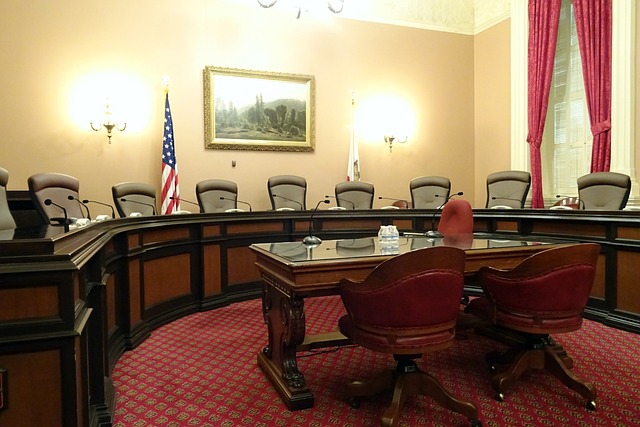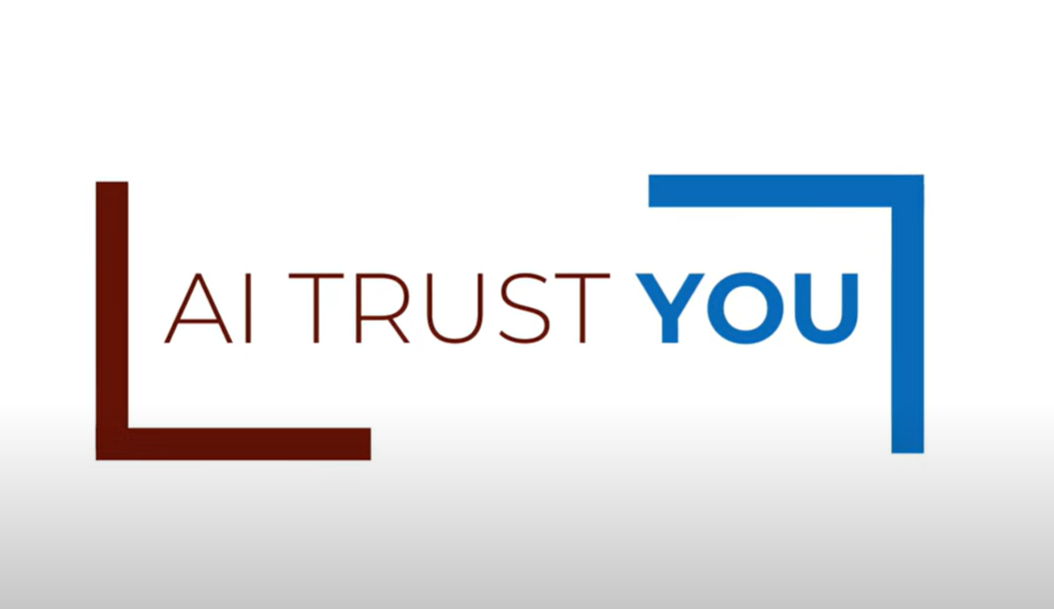Legislative Edtech Policy: What to Expect in 2023-24
A look back at what happened in the most recent legislative sessions across the U.S. and a look ahead to what we should expect in January 2024

Legislative sessions are known to many as the roller coaster rides of the year, (Or maybe to just us policy nerds.) In some areas of the country there is progress in education, in others the pendulum swings back to a nod of yesteryears, especially when it comes to technology in education.
There are, of course, so many areas of education we could examine in terms of legislative education policy, but the two biggest issues to look at today in terms of edtech are technology in the classroom and AI.
Legislative Edtech Policy: Technology in the Classroom
Teachers are fed up with the distractions of cellphones in the classroom. Most of the conversations on how to address these devices in the classroom were made at the district level, but this year we saw both South Carolina and Florida introduce bills related to banning cellphones in classrooms.
SC H3293 proposed examining the use of wireless electronic communication devices, and provided that districts prohibit the use of such devices in classrooms and gymnasiums during periods of academic instruction. The bill was only referred to the first committee and no votes were taken on it during the session, but it is very likely the bill will show up again next session.
In Florida, the Governor signed HB379, which prohibits a student from using a wireless communications device during instructional time, except when directed by a teacher for educational purposes, and requires a teacher to designate an area for such devices during instructional time.
The bans on cellphone use are coming for different reasons. In South Carolina, this was a stand-alone bill meant to avoid any use of cellphones during instructional time to limit distractions. In Florida, this measure came as part of a social media/mental health bill that also:
- Limits access by students to only age-appropriate subject matter and materials.
- Protects the safety and security of students when using email and other forms of direct electronic communication.
- Prohibits access to data or information, and other unlawful online activities, by students.
- Prevents access to websites, applications, or software that does not protect against the disclosure, use, or dissemination of students’ personal information.
- Requires each district school board to prohibit and prevent students from accessing social media platforms through the use of internet access provided by the school district, except when expressly directed by a teacher solely for educational purposes.
- Requires each school district to prohibit the use of the TikTok platform or any successor platform on internet access provided by the school district or as a platform to communicate or promote any district school or school activity.
Whatever the reason, this is a big issue to continue watching in 2024.
Tech & Learning Newsletter
Tools and ideas to transform education. Sign up below.
AI Policy in Education
We’ve seen so many new and emerging technologies in the last decade, and with each comes the wild, wild west for state policymaking and the fear that policymakers who don’t know much about a technology will now try to regulate it.
Most recently this has happened with data privacy, cryptocurrency, and blockchain. For example, data privacy is still a huge issue for policymakers and even though every state has something on the books, they are still trying to hone legislation to address needs as new threats emerge.
We have now entered the era of policymakers and AI. In fact, this year at least 15 states introduced a bill related to artificial intelligence. The bills vary greatly on the issues and goals, but 2024 will see an avalanche of more legislation trying to both research and regulate the use of AI when it touches any part of government.
Most of the policy introduced on AI is to form a task force or study implications, risks, and benefits of generative AI when it comes to state agencies. For instance, NJ A168 would have required the Commissioner of Labor and Workforce Development to conduct a study and issue a report on the impact of artificial intelligence on the growth of the state’s economy; however, it did not pass.
Connecticut’s governor signed SB1103, which states that beginning on February 1, 2024, the Department of Administrative Services shall perform ongoing assessments of systems that employ artificial intelligence and are in use by state agencies to ensure that no such system shall result in any unlawful discrimination or disparate impact.
Louisiana sent a concurrent resolution (SCR 49) to the Secretary of State that urges and requests the Joint Legislative Committee on Technology and Cybersecurity to study the impact of AI on operations, procurement, and policy, and submit a written report of its findings to the House Committee on Commerce and the Senate Committee on Commerce, Consumer Protection and International Affairs not later than sixty days prior to the beginning of the 2024 Regular Session of the Legislature of Louisiana.
The idea of this session across the board was not to regulate AI, rather than to better understand the impacts on AI in the public space.
Undoubtedly, recommendations out of these task forces and assessments will lead to further introduced legislation in 2024. (If you are interested in following along with AI issues in education next year, bookmark Market Mania at K20Connect, as we will be following this issue closely!)
The use and impacts of AI have not only been dominating education conversation at the state level as Federal policymakers have introduced several bills and the U.S. Department of Education has also issued guidance on AI, stating three reasons to begin studying AI now:
- AI may enable achieving educational priorities in better ways, at scale, and with lower costs
- Urgency and importance arise through awareness of system-level risks and anxiety about potential future risks
- The scale of possible unintended or unexpected consequences
Looking Ahead to 2023-24 Legislative Sessions
Each year promises to come with surprises when it comes to policymakers. Some are encouraging while others bring disappointment. Always remember policymaking is a long game, and your voice is critical in transforming education to serve each and every student well.
These issues and more will come up next year, and we will be ready to share, report, and advocate alongside you!
To share your feedback and ideas on this article, consider joining our Tech & Learning online community here.
Susan comes from a strong policy background as a former staffer in the United States Senate and Legislative Aide in the Iowa House of Representatives.
Along with experience at both federal and state levels, she served as the Deputy Executive Director for the Center for Digital Education, worked for a government relations firm in Arlington, VA and heavily worked on federal and state education policy at iNACOL, where she wrote published reports to move the field forward with innovative learning models, best practices, and policy recommendations.

